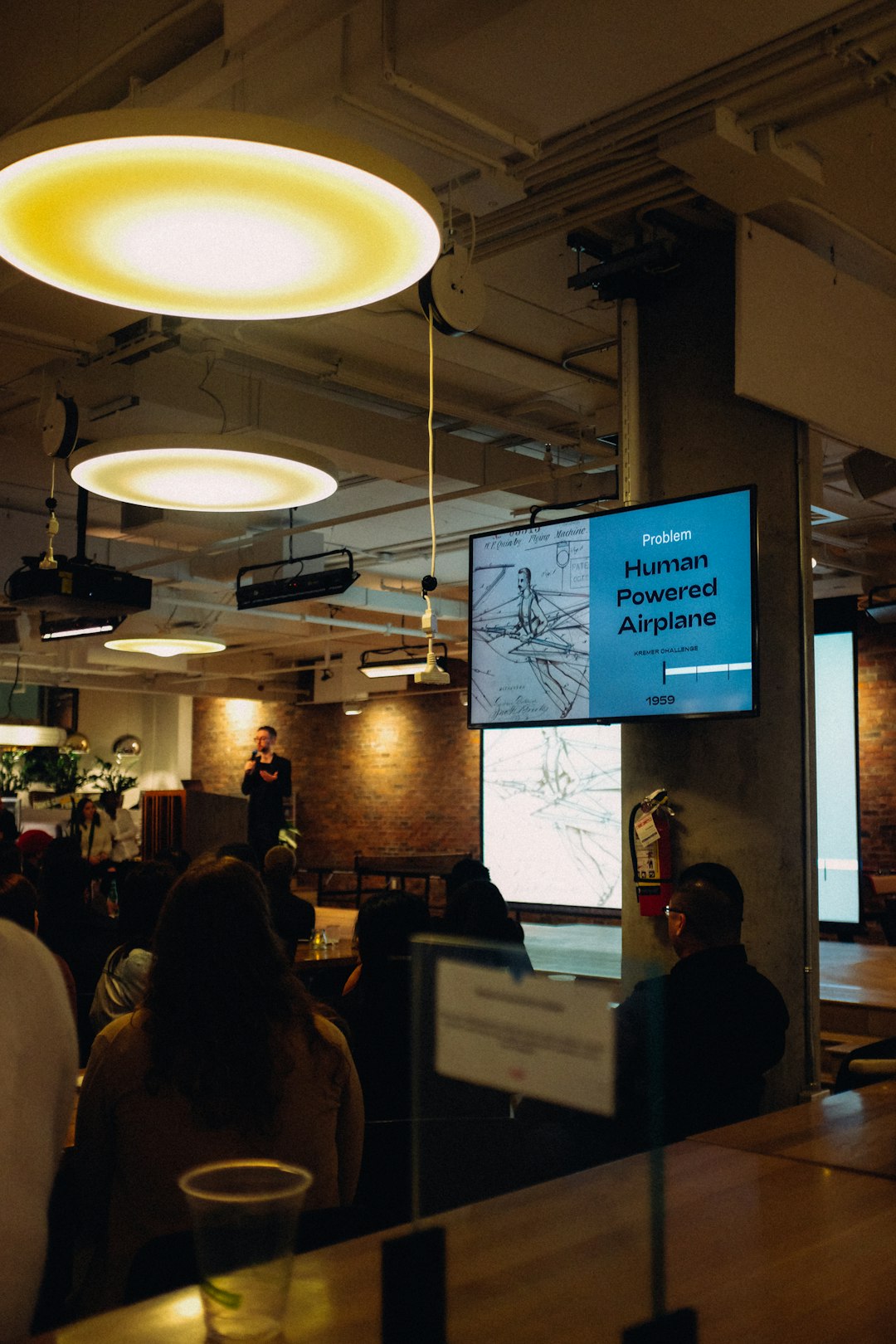
Balkanization of Western Society: A Looming Threat to Global Stability
In the grand theater of global politics, there is a new act unfolding that resembles a tragic play: the Balkanization of Western Society. To the uninitiated, this term may evoke images of ancient conflicts in the Balkans, but make no mistake, this is an urgent, modern-day dilemma that could unravel the very fabric of our societies and plunge us into chaos. The fragmentation of Western society is not merely an academic concept; it is a palpable threat to global stability that we ignore at our peril.
The Rise of Divisive Narratives
Over the past decade, the narrative of division has taken center stage. Social media, the modern-day town square, has become a battleground for ideological wars. Platforms designed to connect us have instead become echo chambers where dissenting views are not only unwelcome but often attacked. The rise of identity politics has only exacerbated this fragmentation. Groups within our society are increasingly defined by race, gender, or ideology, leading to an “us vs. them” mentality that is counterproductive to unity.
Consider the phenomenon of cancel culture, where individuals, often public figures, are ostracized for opinions that deviate from the prevailing sentiment of their particular group. This atmosphere of fear and retribution stifles genuine dialogue and fosters division. In a society where people feel compelled to conform to the dominant narrative, the rich tapestry of diverse thought becomes frayed, leading to a Balkanization of ideas, values, and ultimately, society itself.
The Consequences of Fragmentation
The consequences of this fragmentation are dire. History teaches us that societies that fracture along ideological lines are more susceptible to conflict. The Balkan Wars of the 1990s serve as a sobering reminder of what can happen when divisions are left unchecked. In a world where nuclear powers exist and extremist ideologies flourish, we cannot afford to ignore the lessons of the past.
The recent rise in violence tied to political and social movements in the West indicates a troubling trajectory. The FBI reports an increase in hate crimes, and the Southern Poverty Law Center tracks a rise in extremist groups. These are not isolated incidents; they are symptoms of a larger disease spreading across our societies. As we Balkanize, we not only weaken our ability to address pressing issues but also create fertile ground for radicalization.
The Global Landscape
Balkanization is not just a domestic issue; it has international implications. A divided Western society is less capable of presenting a united front against global challenges such as climate change, terrorism, and pandemics. When nations struggle with internal divisions, their ability to cooperate on the international stage diminishes. Consider how the European Union has grappled with its internal divisions over immigration and economic policy. These fractures have made it increasingly difficult for the EU to respond effectively to global threats.
Moreover, the rise of authoritarian regimes around the world has capitalized on the divisions within the West. Countries like China and Russia are not above using our internal strife as a strategic advantage. The more we bicker among ourselves, the less we focus on the existential threats posed by these regimes. In this context, Balkanization poses a unique challenge to global stability that must be addressed with urgency.
Counterarguments and the Path Forward
Some may argue that the rise of identity politics is a necessary evolution in recognizing the unique struggles of marginalized groups. While it is essential to acknowledge and address these issues, we must also remember that unity does not equate to uniformity. We can celebrate our differences without allowing them to become the sole defining aspect of our identities.
The path forward requires a concerted effort to foster dialogue and empathy. Educational institutions, media outlets, and community organizations must prioritize bridging divides, rather than deepening them. Encouraging civil discourse and critical thinking can help us reclaim the narrative from divisive forces.
Moreover, we need to recognize that our values—freedom, democracy, and the rule of law—are stronger than our differences. If we allow ourselves to be Balkanized, we risk losing the very principles that underpin our societies.
Conclusion
The Balkanization of Western society is a looming threat that must be confronted head-on. As we face increased polarization and division, we must remember that our strength lies in our ability to unite around shared values while respecting our differences. The stakes are high, and the consequences of inaction are too severe to ignore. If we fail to address this issue, we may find ourselves not just divided, but conquered—by our own discord.
In an increasingly interconnected world, the stability of our societies is not just a national concern; it is a global imperative. Let us choose unity over division and work together to ensure a future that is not defined by fragmentation but by cooperation and understanding. The time to act is now.
Tags: opinion, editorial, current events, Balkanization, Western society, global stability, identity politics, division, unity


